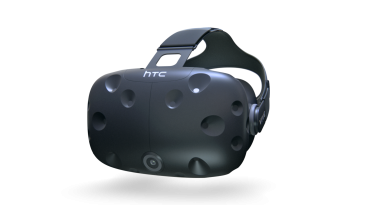New research is “gamechanger” in prostate cancer detection
by Borislava Todorova
Ground-breaking research into diagnosing prostate cancer has been made using new scanning equipment.
Advanced magnetic resonance imaging (MRI) has doubled the amount of aggressive tumours caught.
The research team tested 576 men and found out that more than quarter could be spared invasive biopsies, which can have serious side effects. The peer-reviewed article is published in the Lancet.
“This will be a gamechanger for men suffering from prostrate cancer,” said Professor Mark Emberton, urologist and chief investigator in the research, “It will transform the lives of patients, who will really benefit from it.”
The NHS is already reviewing whether the scans can be introduced widely.
There are already hospitals which have been offering MRI scans for years, but Professor Emberton believes introducing a wider usage of the scans will be both cost-effective and cheaper for the NHS.
The MRI scans offer a more accurate diagnosis, which means less biopsies will be made, and in the cases where one is needed, the process will be much more precise.
In order for that to be carried out, more MRI machines have to be introduced in hospitals, additional training of radiologists has to be carried out, and quality control has to be exercised over the process.
Prostate cancer is the most widespread cancer among British men, but tests are far from perfect.
Whenever men have a high prostate-specific antigen (PSA), they have to go for a biopsy. The process involves twelve needles that take random sample from the whole of the prostate. It can miss a cancer that is there, fail to spot an aggressive one, as well as cause bleeding, serious infections and erectile dysfunction.
“This research is a superb progression in the way we treat prostate cancer,” said Dr. Edwin Borman, MD of Shropshire and Telford Hospitals, “This disease causes the death of 11,000 men in the UK every year and this trial will hopefully reduce that number.
“By using advanced MRI scans we should hopefully catch these melanomas at an early stage without the need for so many invasive biopsies.”
Around 100,000 to 120,000 men go through the process of biopsy every year in the UK.
The trial was at 11 hospitals in the UK and used multi-parametric MRI on men with high PSA levels.
It showed that 27% of the men didn’t need a biopsy after all. In addition to that, 93% of aggressive cancers were detected by using the MRI scan to guide the biopsy compared with just 48% when the biopsy was done at random.




